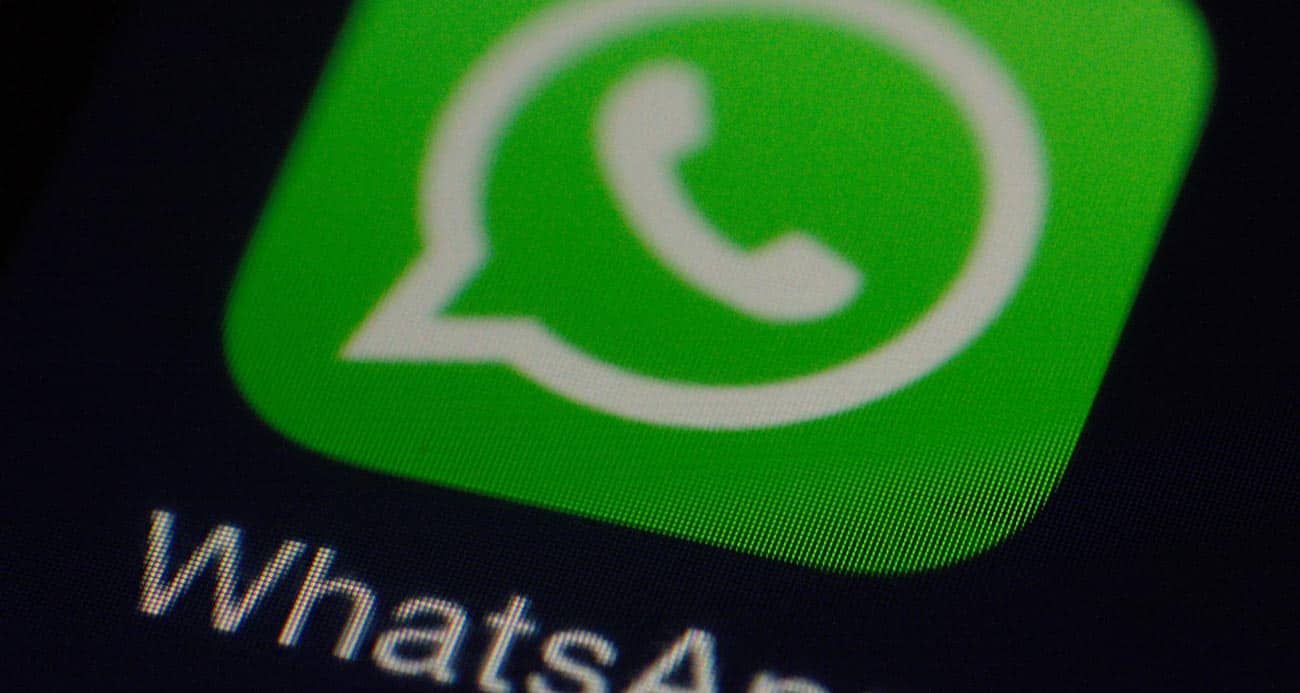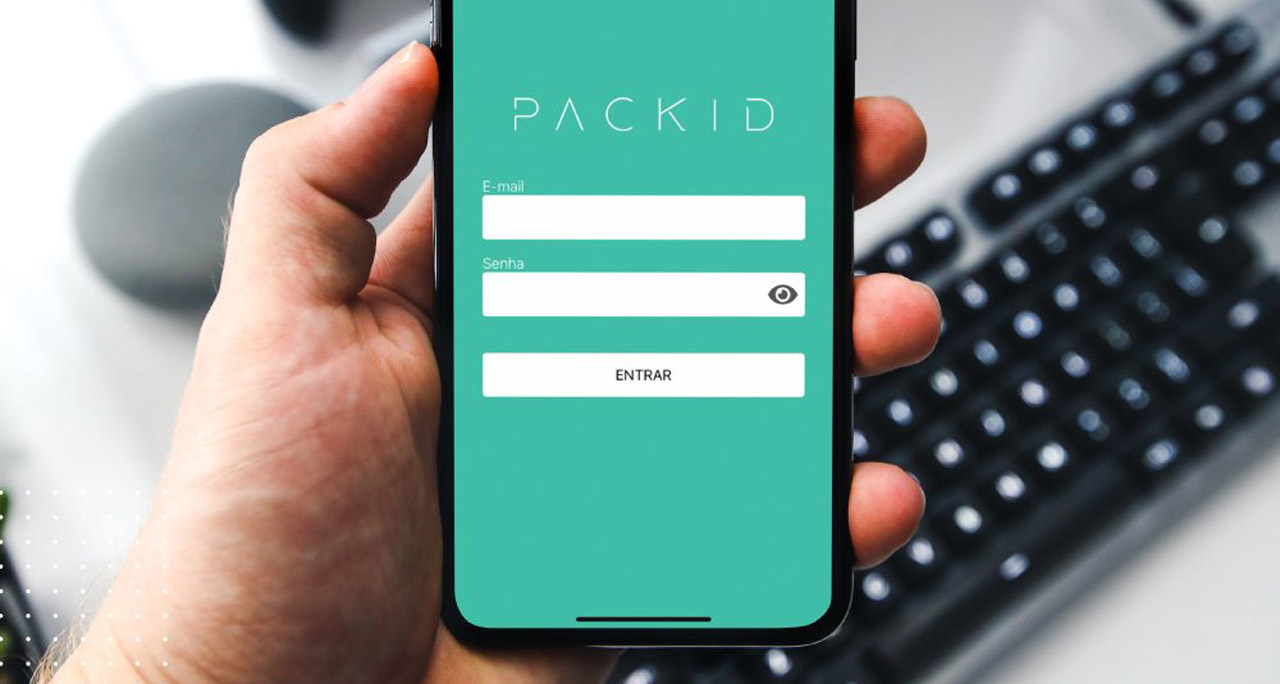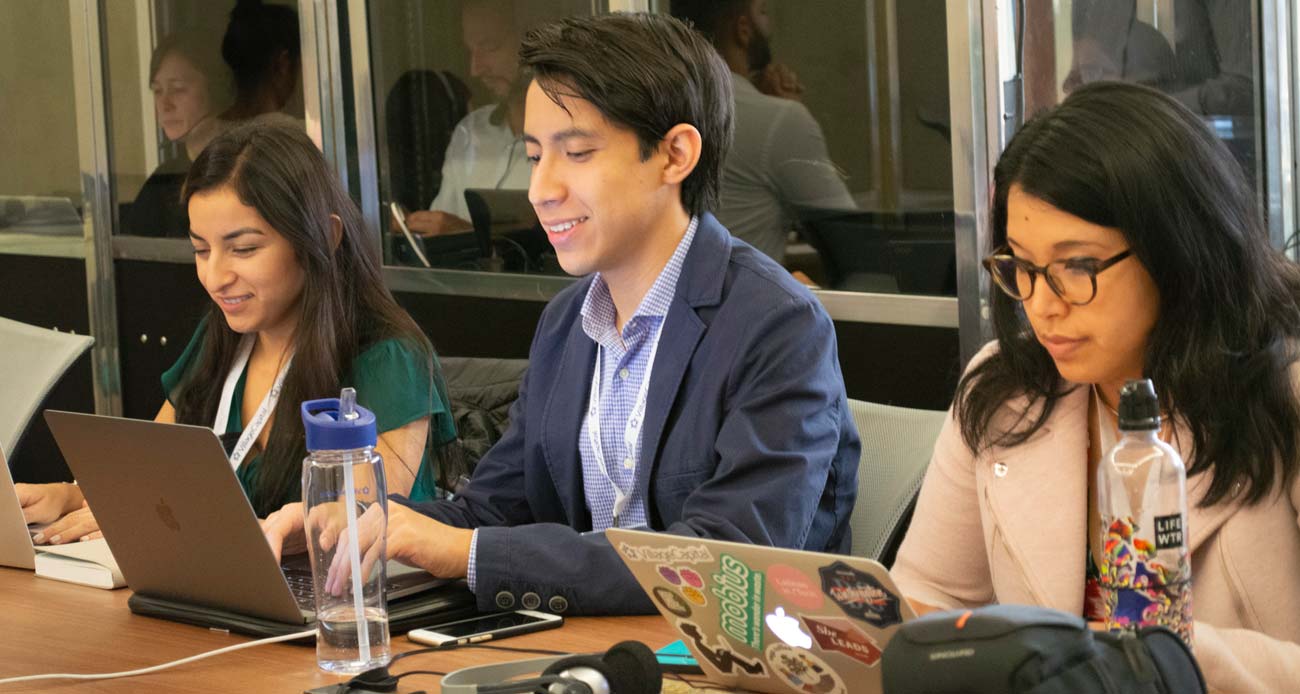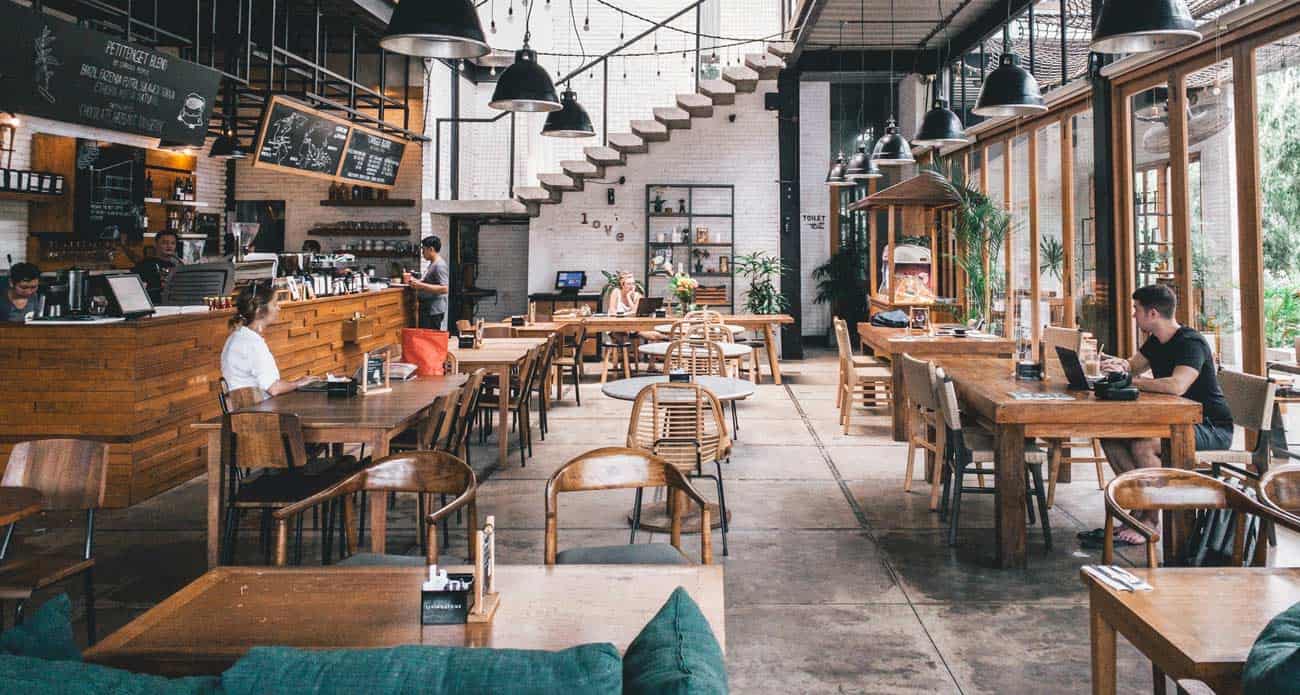Contxto – Yes, no, maybe so… The Central Bank in Brazil is proving to be a bit fickle when it comes to authorizing Facebook’s WhatsApp, to send and make a payment via its chat system.
On June 15, the tech corporation debuted this electronic payment service—only for the Central Bank to order its shut down a week later.
But, it would appear it’s changed its mind.
During an online event last Monday (20), João Manoel Pinho—Financial System Organization and Resolution Director at the Central Bank—said it was okay, so long as tech companies behaved themselves.
[wd_hustle id=”InArticleOptin” type=”embedded”/]
Play nice WhatsApp, says Central Bank
“We view the entry of ‘big tech’ as a huge opportunity,” said Pinho. “Everyone can participate. We will allow it, no problem. People can take whatever path they want, [do] whatever initiatives they want.”
But according to Reuters, the executive clarified that this is the case provided that they follow the rules.
When it comes to Facebook and WhatsApp payments, the Central Bank’s primary concerns in the matter are two-fold. On the one hand, it’s worried that payments via the highly popular WhatsApp shall lead to unfair competition.
Given the widespread use of the chat application throughout Brazil (and Latam), officials fear that it will have an unfair advantage over other platforms. Moreover, Facebook has gotten in trouble before in India for violating neutrality principles. Whoops.
Secondly, Facebook’s previous entanglement in misusing Brazilians’ data put authorities on the edge when it comes to data protection.
- Related article: Brazil slaps Facebook with US$1.6 million fine for data misuse
Our verdict
So was the Central Bank being paranoid when it ordered the WhatsApp payment system to be blocked? Not necessarily, it has valid arguments.
Nonetheless, it’s a turn-off for tech companies and potential investments in the country when governments step in like this.
Consequently, what can be made from Pinho’s recent statements?
It doesn’t appear Facebook/WhatsApp got a full-blown green light in Brazil. Rather it looks like a diplomatic way for officials to hint that they’re willing to be business-friendly. But it won’t tolerate any BS.
Fair enough.
Related articles: Tech and startups from Brazil!
-ML






